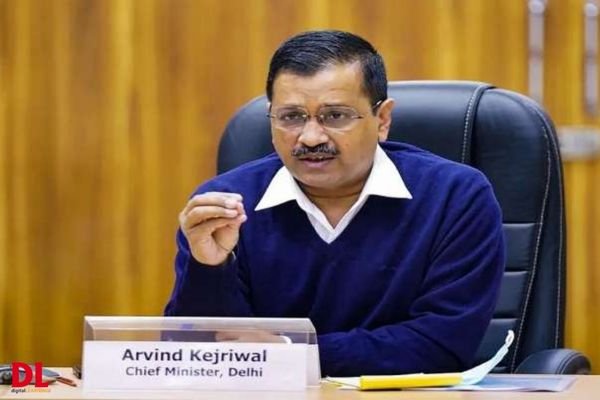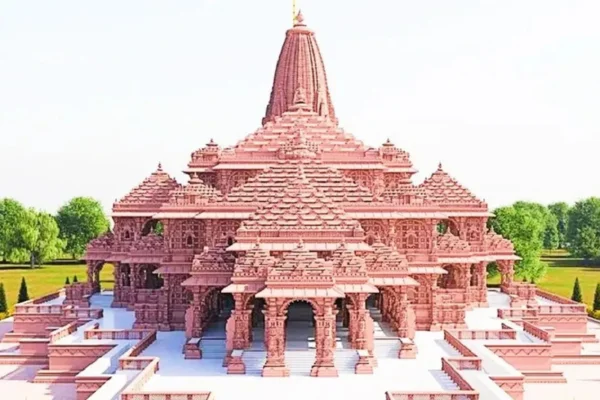Delhi Chief Minister Arvind Kejriwal finds himself entangled in a legal battle as the Enforcement Directorate (ED) issues a fourth summons in connection with the Delhi excise policy case. The ongoing feud between Kejriwal and the central agencies, especially the ED, has taken a new turn, raising questions about political vendetta and the timing of these summons.
The ED, on Saturday, served a fresh notice and summons to Arvind Kejriwal, asking him to appear on January 18 in connection with the excise policy case. Kejriwal, who has already skipped three summonses, accuses the BJP-led Centre of orchestrating a political vendetta and alleges that these actions are an attempt to tarnish his image ahead of the crucial Lok Sabha elections.
In a swift response, Bansuri Swaraj, a BJP leader and daughter of the late Sushma Swaraj, took a dig at Kejriwal, stating, “It is shameful that CM Arvind Kejriwal is running away from an investigation… If you are honest, then you must join the investigation… The laws are equally applicable to all.”
The excise policy case revolves around the 2021-22 excise policy that was scrapped by Kejriwal’s government last year following the Lieutenant Governor’s recommendation for a CBI probe into “lapses and irregularities.” The alleged scam gained prominence, and the ED initiated investigations, leading to multiple summonses for Kejriwal.
Arvind Kejriwal, in his defense, has consistently dismissed these summonses as “false” and accused the ED of being a pawn in the hands of the BJP to target opposition leaders. In a media statement, he emphasized that despite numerous raids conducted by various agencies over the past two years, no evidence of corruption has been found. The Delhi CM further questioned the timing of the ED’s notice just before the 2024 Lok Sabha elections, suggesting a political motive.
Kejriwal’s refusal to comply with the ED’s summonses has escalated the political tensions between the Aam Aadmi Party (AAP) and the ruling BJP. The chief minister has portrayed these actions as an attempt to hinder his campaign for the upcoming Lok Sabha elections. His claims of innocence and commitment to honesty have become central to the narrative surrounding these developments.
In a recent press conference, Kejriwal stated, “In the last two years, all the agencies at the BJP’s disposal have conducted many raids but not a single penny was found. If there was corruption, where is the money? AAP leaders are being put in jail in fake cases. Now the BJP wants to arrest me. My biggest strength and asset is my honesty.”
The chief minister also raised concerns about the functioning of central agencies, stating, “The country cannot move forward by putting honest leaders in jail and allowing corrupt people to join their party. What’s going on? Whatever is going on is very dangerous. This is very bad for our democracy. It must be stopped.”
Kejriwal, in a bid to counter the legal actions against him, wrote to the ED, declaring that their summonses are “illegal.” However, he claims to have received no response from the agency, leading him to question the legality of these notices.
While Kejriwal remains defiant and frames the issue as an attack on democracy, the ED’s persistent summonses indicate an ongoing legal battle. As the political heat intensifies in the run-up to the Lok Sabha elections, the actions of the ED and Kejriwal’s response will likely play a significant role in shaping the political discourse. The allegations of political vendetta and the central government’s influence on investigative agencies raise broader questions about the state of democracy and the rule of law in India.














